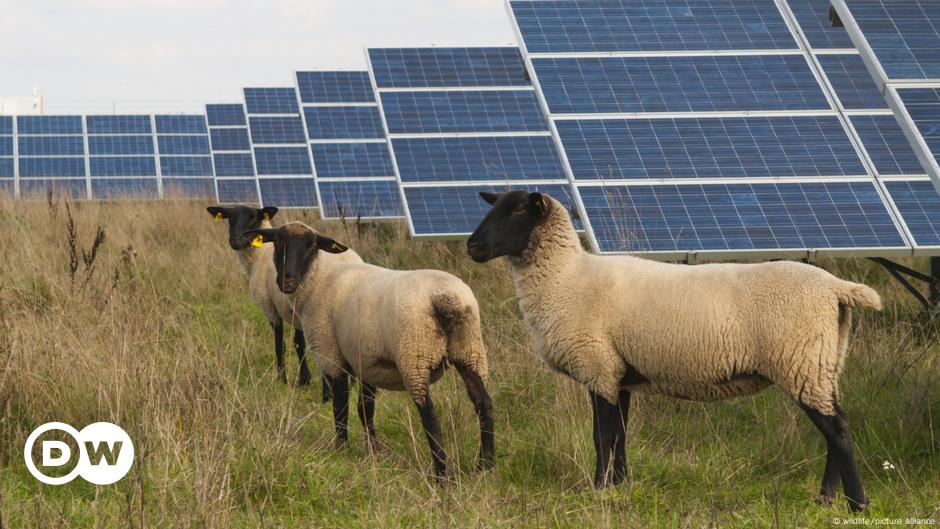- cross-posted to:
- world@lemmy.world
- cross-posted to:
- world@lemmy.world
cross-posted from: https://lemmy.world/post/21494404
Carbon dioxide and other greenhouse gas emissions in the EU have shown one of the steepest drops in decades. Brussels said the data showed that tackling climate change does not need to put the brakes on economic growth.
The European Environment Agency (EEA) on Thursday reported an 8% fall in EU-wide emissions linked to global warming in 2023, citing a significant decline in fossil fuels and a rise in the use of renewables.
The 27-country bloc is the world’s fourth biggest emitter of greenhouse gases after India, China and the United States.



Ahh I’m worried that this might sound better than it actually is, why would anyone not use consumption-based emissions when talking about this? That’s the only way to tell if we’ve actually made the changes necessary to become sustainable or if we’ve just exported enough production abroad to pretend we have. Counting only emissions within the EU is ridiculous.
Because production based emissions also have value. Countries can exports products, which have been made with cleaner or less energy and that in total reduces emissions. If they import products from other dirtier countries though, it can look like they are much worse.
Also it is much easier to calculate. You only need data from a single country and do not have to look at supply chains. For energy it is pretty much (fossil fuel production + fossil fuel imports - fossil fuel exports) * emissions factor. It also is a pretty decent proxy, as a lot of emissions are local. Electricity production, transport and most products are made within the country in most cases.
I never meant to say that data does not have value, it definitely tells a country how they could best reduce emissions, like in your example by improving the cleanliness of manufacturing products that are exported.
It does not say how sustainably a specific country is operating (or the EU in this case). If you move manufacture abroad e.g. where it’s made with less clean energy so it emits more, when counting local emissions this still counts as an emission reduction. It doesn’t matter if it’s easier to compute if it’s wrong, and it seems to be entirely the wrong statistic to use for this article.
I don’t know for sure, but I think most products are not usually made in the country they are sold, but I haven’t seen data of proportions. I don’t trust that it’s a decent proxy just because some people gut feeling tells them it is. Data on consumption based emissions exists, and it should be used.
Exports also profit benefits to the country exporting. It is very much part of how a country operates. That is why China is calling the EU to stop the carbon tariff CBAM, as it would hurt Chinese exports.
Yeah, and I really hope we get those carbon tariffs in place despite China’s complaints!
The laws have been passed, it is just that they will start 2026.